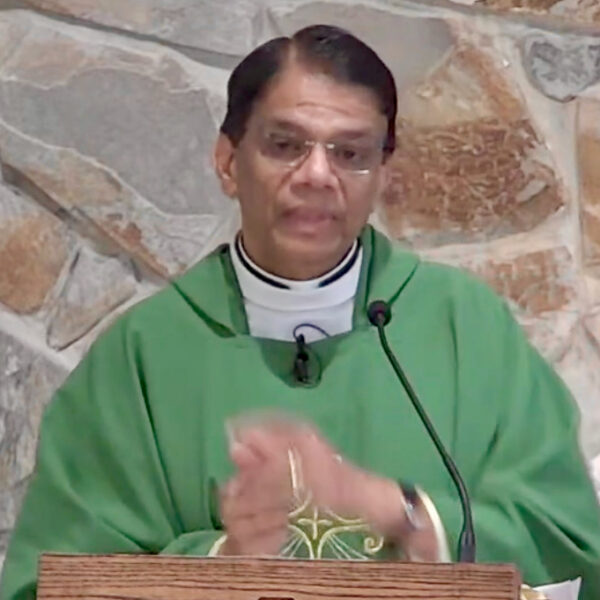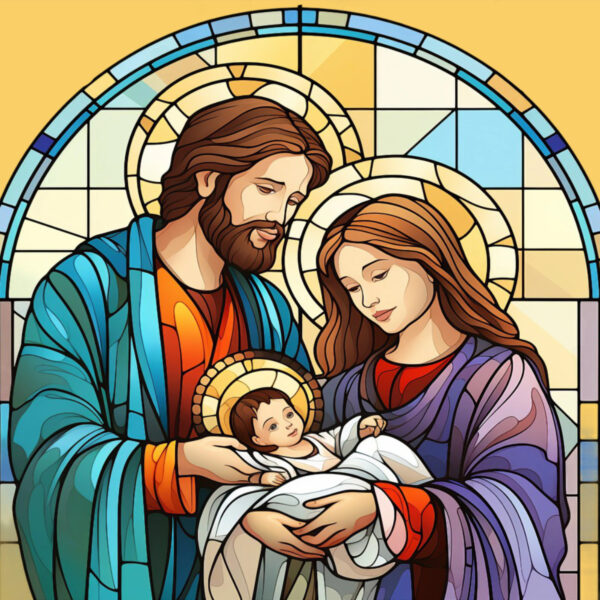God’s Own
Once a great speaker was giving a talk or a seminar about our value before God. He had taken a $50 bill and showed everyone in the hall and asked how many of them needed it. All the people in the hall lifted their hands. He then took the $50 bill and started to fold it into so many pieces and then he repeated the same question. All of them raised their hands. Then he put the dollar bill on the floor where it became very dirty and then he asked again, “How many of you want it?” Again, all of them raised their hands for it. Then the speaker said, “My dear brothers and sister, you have just learned a very valuable lesson from this dollar bill. No matter what I did to the money, you still wanted it because it did not decrease in value. No matter how smudged and rumpled it became, it was still worth $50.” Many times, in our day-to-day lives, we get knocked around—dropped, crumpled, smudged, and ground into the dirt—by the decisions we make and the circumstances that come our way. And sometimes we feel as though we are worthless, used up, and of no account. But no matter what has happened—or what will happen—we will never lose our value in God’s eyes. Look at the first reading in the Book of Job, how he speaks about life—the pains and problems that he was facing in his life, but he was not ever ready to give up his faith in God. Even his best friends were trying to get God out of his life. He knew his value before God would never decline whatever happened to him, and he had faith that his God would never abandon him at any time. We also heard in the second reading that Paul was talking to himself. “I will become weak and a slave for God in this world. I know how to proclaim his gospel. Whatever happens to me, I am God’s own.”
My dear brothers and sisters in Jesus Christ, this must be our attitude also. People can put us down, do all kinds of evil to us, but before God we are God’s own. Do not ever be afraid. Without His knowledge nothing will ever happen to us, because God is our Protector and Guard. Do we feel spiritually sick? Do you have a fever? St. John Henry Newman says “fever” can be gambling, alcohol or any other bad habits. Jesus can touch and heal from them just as He healed the sickness of Peter’s mother-in-law. The Doctor is in the house—Jesus Christ, the Great Physician—and just as His love healed Simon’s mother-in-law, even so, His love can heal us, help us, cure us, redeem us, save us. Make sure in your heart that He only can do that in our lives because we are God’s own. Don’t ever hesitate to approach Him anytime.
Love and Prayers,
Fr. Charley

